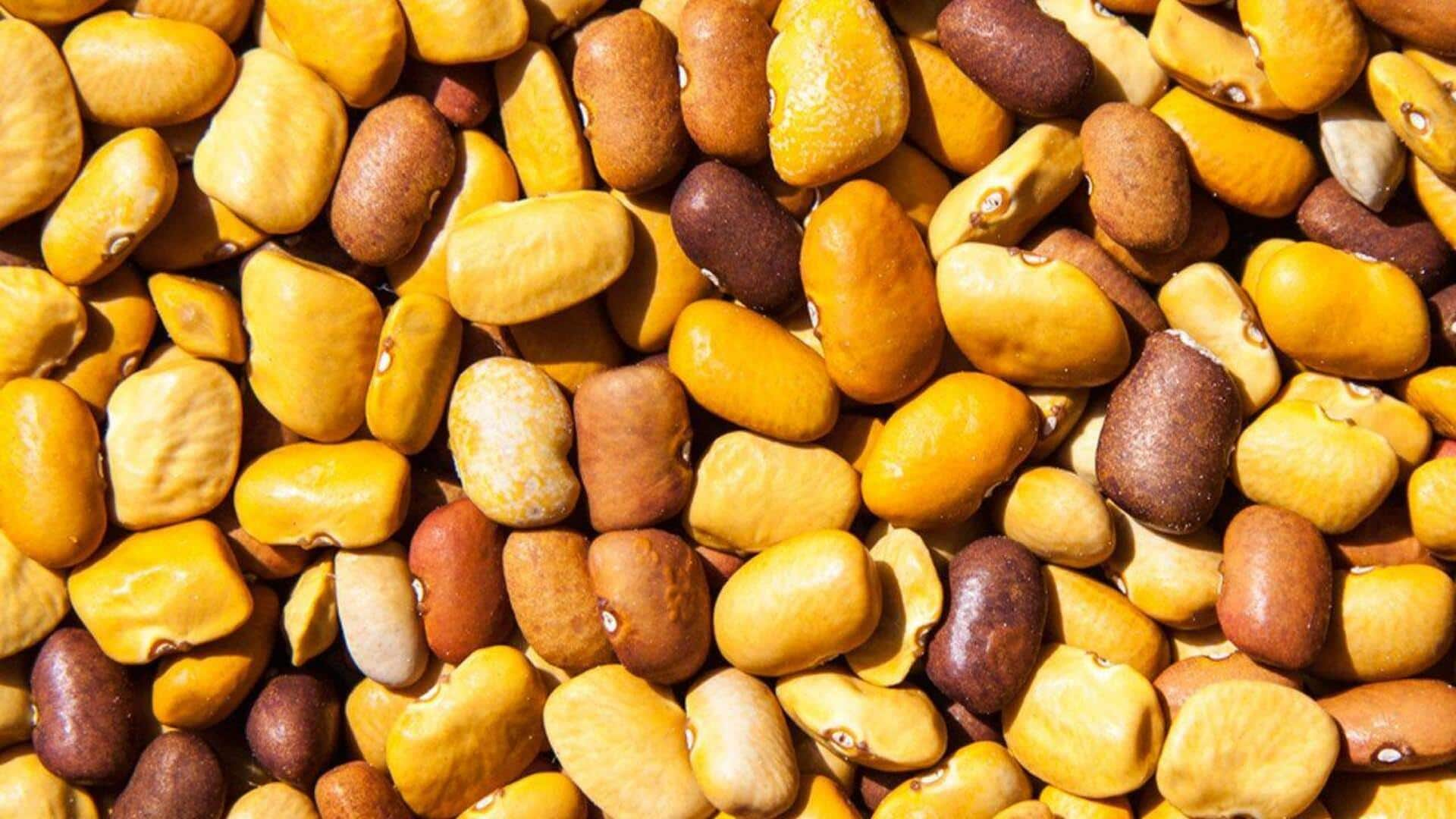
How to cook with tepary beans
What's the story
Native to Africa's arid regions, tepary beans are a staple in many traditional dishes. Resilient to drought conditions, these beans have been cultivated for centuries. Providing a rich source of protein and fiber, they form an essential part of the diet of various African communities. Here are some fascinating ways tepary beans are used in African cuisine.
Dish 1
Traditional stews with tepary beans
Tepary beans often make an appearance in hearty stews mixing local vegetables and spices. These stews are usually slow-cooked to let the flavors mingle. The end result is a nutritious meal that is both filling and delicious. The use of indigenous spices makes the dish even more delicious, making it a favorite among the locals.
Dish 2
Tepary bean salads for refreshing meals
In warmer climates, tepary bean salads make a refreshing alternative to heftier meals. Usually, these salads include a medley of fresh tomatoes, onions, and herbs with the cooked tepary beans. A light dressing from lemon juice or vinegar is sprinkled to amplify the natural flavors of the ingredients without overpowering them, making for a delightful and nutritious option for any meal.
Dish 3
Baking with tepary bean flour
Tepary bean flour is gaining popularity as a gluten-free and high-protein substitute for regular wheat flour. It's being incorporated into the baking of various items, including bread, flatbreads, etc. This transition not only makes it suitable for the dietary-restricted but also brings new textures and flavors to traditional baked goods, adding to the culinary landscape with its versatility.
Tip 1
Nutritional benefits of tepary beans
Tepary beans are loaded with nutrients like protein, fiber, iron and magnesium. They promote digestive health with their high fiber content while offering sustained energy with complex carbohydrates. Including tepary beans in your diet can make a huge difference when it comes to meeting your daily nutritional requirements without turning to animal-based proteins.